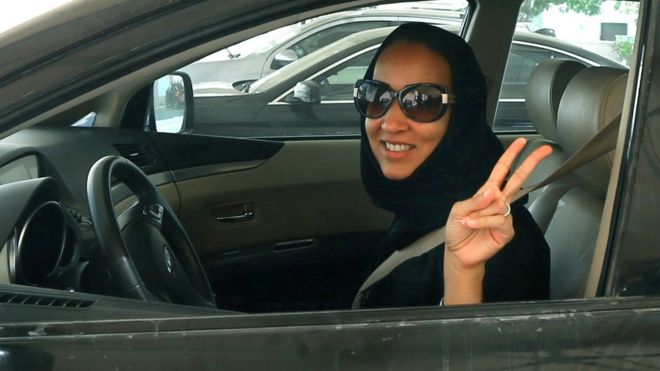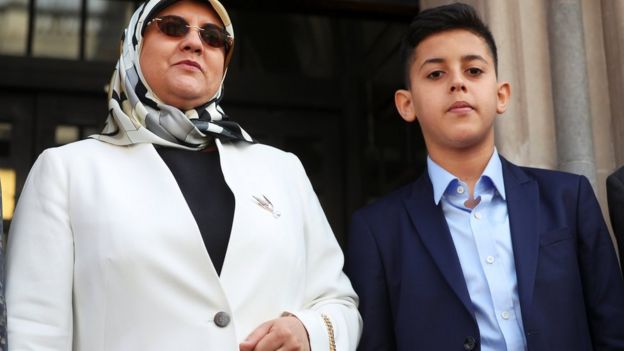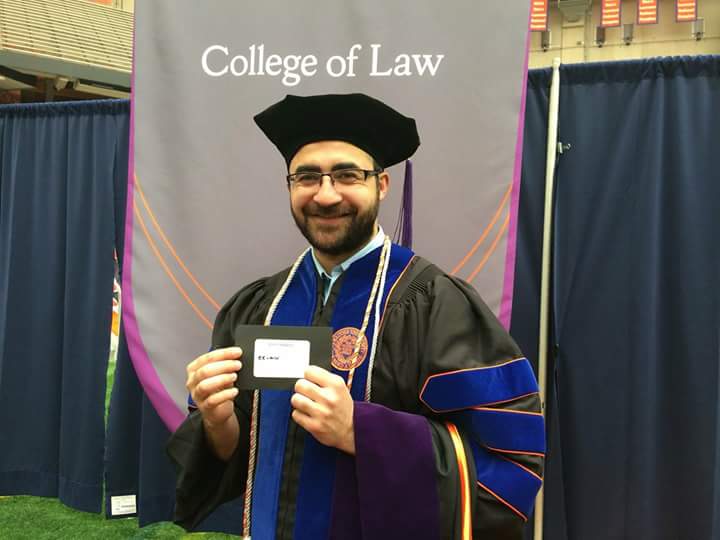By: Natalie S. Maier
Impunity Watch Reporter, The Middle East
RIYADH, Saudi Arabia — As Saudi Arabia prepares to lift its ban on women driving, activists behind the change are experiencing backlash. Activists Loujain al-Hathloul, Iman al-Nafjan, Aziza al-Yousef and Aisha Almane were arrested last week, accused of “suspicious contact with foreign entities to support their activities, recruiting some persons in charge of sensitive government positions, and providing financial support to hostile elements outside the country,” according to a state news agency. A headline in the daily al-Jazirah newspaper branded the women as “traitors.”

The arrests are cause for concern for women’s rights campaigners around the world, who applauded the lift of the ban as a significant step for women’s rights in the country. Sydney-based Saudi activist and author Manal Al-Sharif told CNN on Sunday that she thinks the arrests show a pattern of character assassination that has previously plagued the efforts of social reform. “We used to live in a police state; if you speak up you go to jail. And then there would be a defamation campaign against you, saying all sort of untrue things… We are seeing the same pattern now,” she says. Al-Sharif also says that the security forces arrested the women in their homes, without a warrant.
Amnesty International has condemned the arrests and negative coverage by the local media in the days following. Samah Hadid, Amnesty International’s Middle East director of campaigns, said that, while the Crown Prince Mohammad bin Salman presents himself as a reformer, “his promises of reform seem entirely superficial as the repression of human rights activists continues unabated.”
Other citizens against lifting the ban have taken to social media using the hashtag #YouWontDrive, which has been used 65,000 times since Monday. Some women chose to respond humorously by tweeting pictures and videos of their dream cars. Others, such as Sarah Al-Otaibi, responded on a more serious note, calling the hashtag a threat to women and the free exercise of their rights.
The pressure to lift the ban on driving comes as a larger call by women to end Saudi Arabia’s practices of male guardianship, which require women to get the permission of a male guardian to do almost everything. Other key changes since December of 2015 include women voting and standing as candidates in political elections, attending public sporting events, and entering the workforce in the hotel industry.
King Salman issued the decree in September of 2017 allowing women to drive for the first time in the country’s history. The ban on driving is set to be lifted on June 24, 2018.
For more information, please see:
BBC – Saudi Arabia women’s driving activists ‘targeted in smear campaign’ – 20 May 2018
BBC – Saudi women troll men telling them ‘you won’t drive’ – 16 May 2018
CNN – Saudi Arabia arrests female activists week before lifting of driving ban – 20 May 2018


